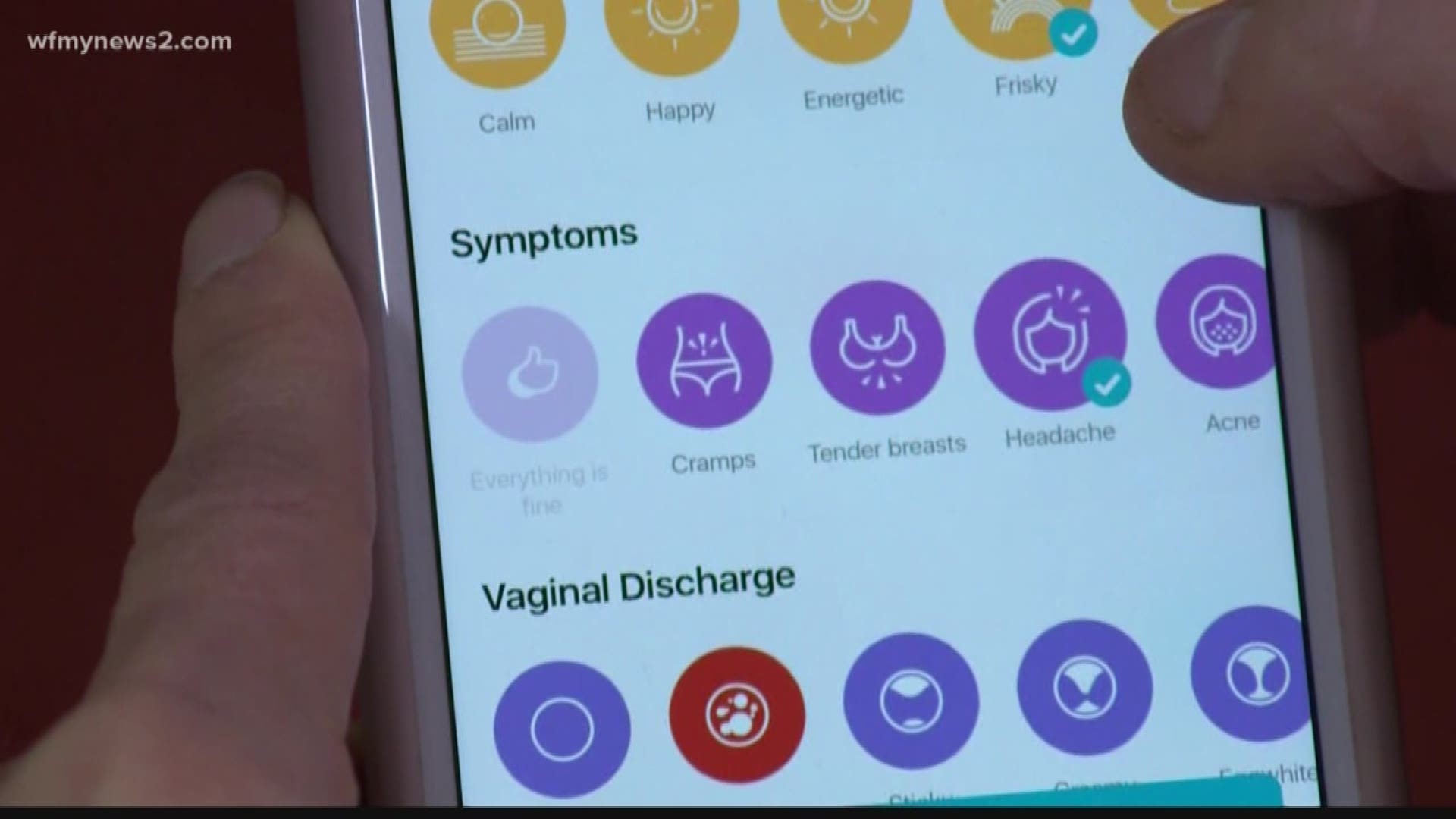"The information women share with health apps may not be as protected as they think. Consumer Reports' Digital Lab investigated what happens to the data. Here are some tips to help protect yourself.
An estimated 50 million women around the world use apps to track their monthly cycles and fertility, entering very sensitive, personal information. Donna Rosato, senior editor for Consumer Reports says, "It could be whether you are trying to get pregnant, whether you have fertility issues, do you have any health issues, whether you have unprotected sex."
Consumer Reports’ Digital Lab examined five popular tracking apps, Flo, Clue, Ovia, BabyCenter, and My Calendar. "Some of the apps are more transparent than others about what information they collect and what happens to that information. But none could promise that the information that you shared isn't getting out into the wider world," according to Rosato.
Consumer Reports found no major security flaws in the apps but did find some minor issues regarding security or privacy and alerted the companies. According to Rosato, "Some moved very quickly to make changes to the points that we raised. You know, others were just commenting about how important privacy is to them."
Consumer Reports’ Digital Lab offers these tips to help protect how much information you share:
- turn off location sharing to the app
- turn off access to your camera
- use a password manager to encrypt your password
- limit ad tracking in your phone settings
- accept app updates that can fix bugs
Another thing to remember is that the information you share is not covered by any federal health laws. "Many of the women I spoke with who do use the apps thought that that information was protected because in other areas of their life it is. But it is not with period tracker apps," says Rosato."

